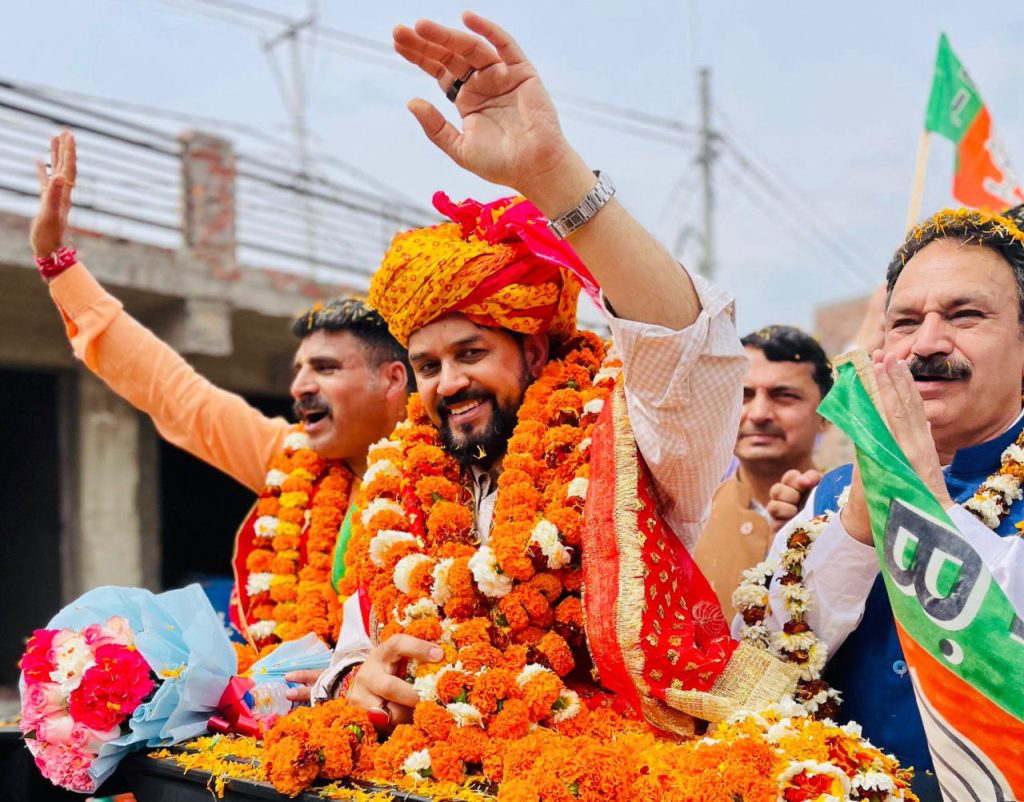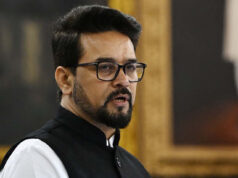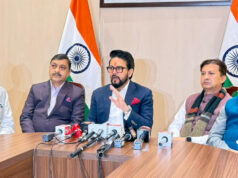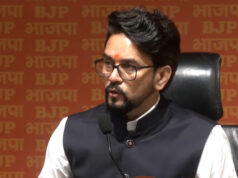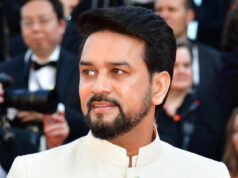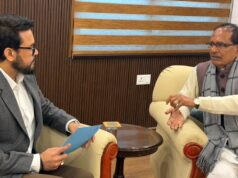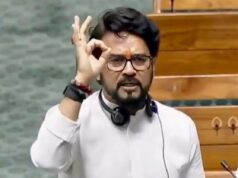Jammu – Union Minister Anurag Singh Thakur launched a scathing attack on Delhi Chief Minister Arvind Kejriwal, accusing him of prioritizing power over principles amidst swirling corruption allegations. Thakur’s damning indictment came during a high-profile visit to Jammu and Kashmir, where he spared no punches in his critique of the embattled AAP leader.
Thakur’s remarks resonated throughout various engagements during his visit, as he seized the opportunity to draw parallels between Kejriwal’s plight and that of other politicians ensnared in corruption scandals. With a tone of disdain, Thakur highlighted instances where politicians had been incarcerated yet remained unyielding in their pursuit of power.
“Even after being in jail, Arvind Kejriwal is not giving up the desire to become CM. Kejriwal has broken all the records of corruption,” Thakur declared with palpable incredulity, suggesting that Kejriwal’s ambitions were impervious to the taint of scandal.
Thakur’s criticism wasn’t confined to Kejriwal alone. He took aim at West Bengal Chief Minister Mamata Banerjee, castigating her for purportedly prioritizing the protection of corrupt elements over the welfare of her state’s citizens.
However, it was Thakur’s pointed interrogation of the Congress party’s alliance with AAP that stirred significant controversy. “Today the question is for the Congress too whether they have sold their conscience?” Thakur queried, insinuating that the party’s support for Kejriwal represented a betrayal of its purported anti-corruption stance.
Reiterating the Modi government’s steadfast commitment to combating corruption, Thakur underscored the necessity of impartial investigations into alleged wrongdoing. “Modi ji has always said that neither will I eat, nor will I let the investigation be done. After the investigation by the investigating agencies, the milk of these dishonest people will turn into milk and water,” Thakur concluded, echoing the sentiments of many within the ruling party.
Thakur’s scathing rebuke comes at a pivotal juncture in Indian politics, as parties gear up for 2024 Lok Sabha Elections amidst a charged atmosphere of allegations and counter-allegations. As the political landscape continues to evolve, Thakur’s critique serves as a stark reminder of the intricate web of alliances and rivalries that define the nation’s political discourse.


